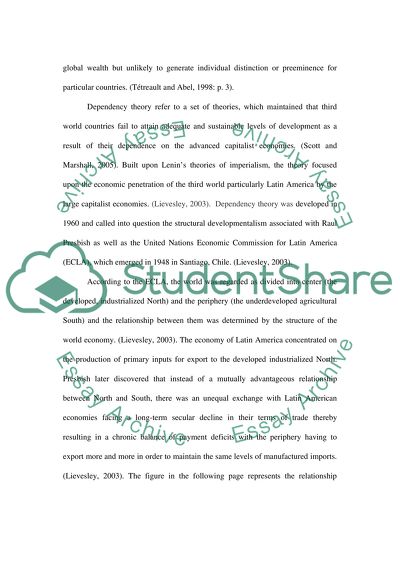Cite this document
(“International Political Economy Essay Example | Topics and Well Written Essays - 3500 words”, n.d.)
International Political Economy Essay Example | Topics and Well Written Essays - 3500 words. Retrieved from https://studentshare.org/politics/1515211-international-political-economy
International Political Economy Essay Example | Topics and Well Written Essays - 3500 words. Retrieved from https://studentshare.org/politics/1515211-international-political-economy
(International Political Economy Essay Example | Topics and Well Written Essays - 3500 Words)
International Political Economy Essay Example | Topics and Well Written Essays - 3500 Words. https://studentshare.org/politics/1515211-international-political-economy.
International Political Economy Essay Example | Topics and Well Written Essays - 3500 Words. https://studentshare.org/politics/1515211-international-political-economy.
“International Political Economy Essay Example | Topics and Well Written Essays - 3500 Words”, n.d. https://studentshare.org/politics/1515211-international-political-economy.


